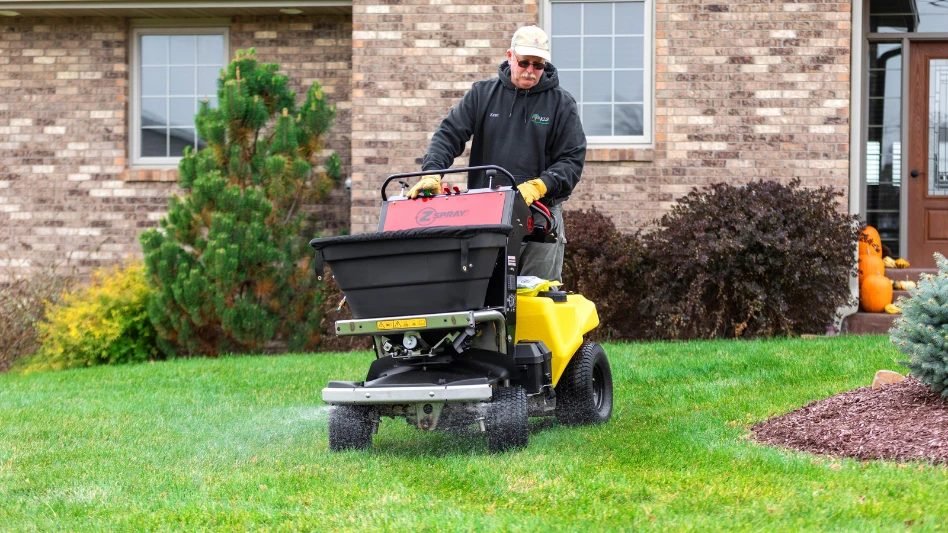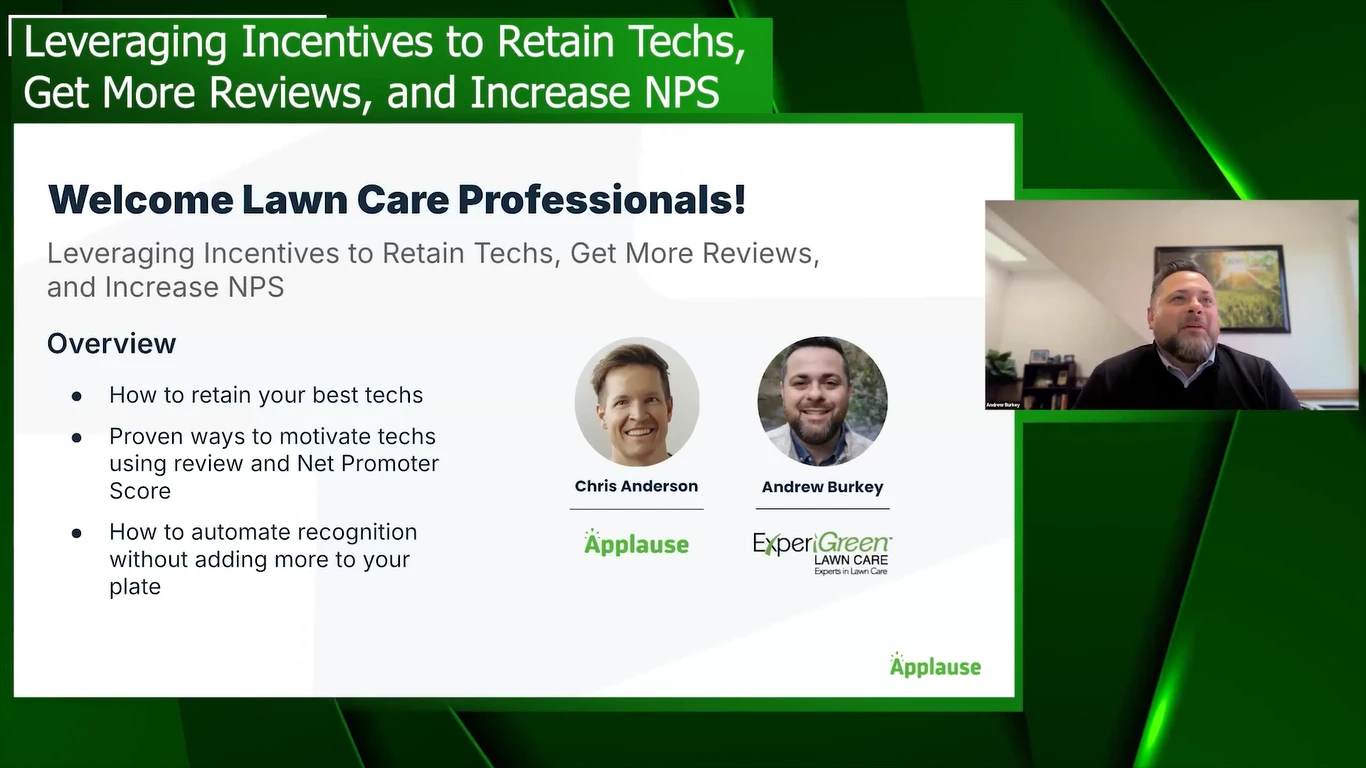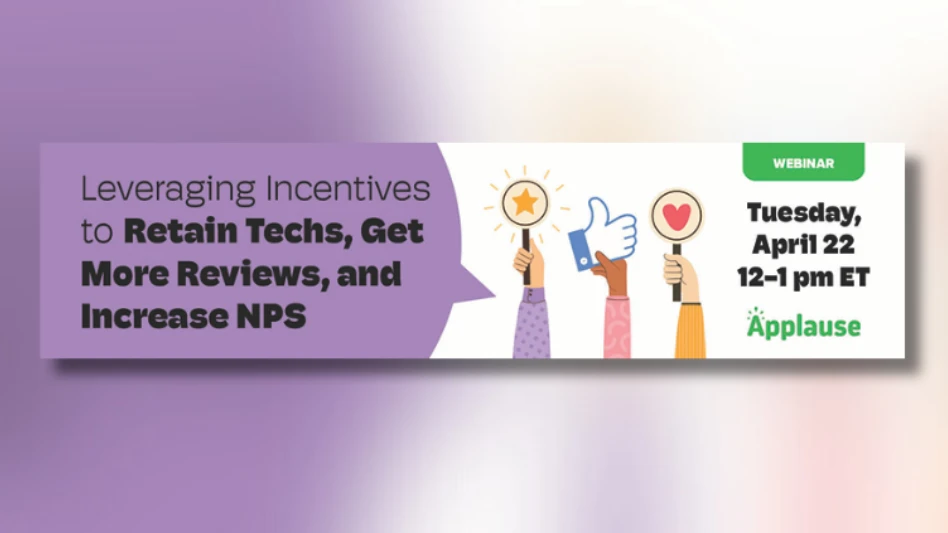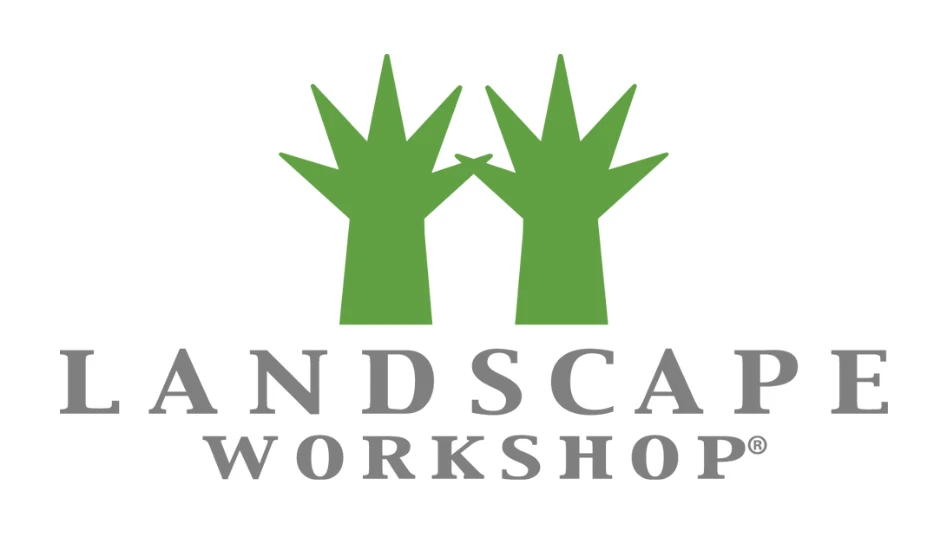
Benjamin Lewis’s truck tires were spitting up thick coastal Virginia mud, stuck on a bid site when Ty Warren wheeled by in his lawn care company pickup and offered to help.
An employee riding shotgun was an acquaintance of Lewis from a mulch supplier in town.
“We made a connection there and I stored Ty’s number in my phone,” says Lewis, who started Browder-Hite in 2003 out of his garage. Over the years, he grew the business by way of service mix and footprint, expanding throughout Exmore, Virginia in Northampton County. It is located between the Chesapeake Bay Bridge Tunnel and the state line crossing into Maryland in a pathway tourists frequent.
Two and a half years after the bid-site “save,” Lewis arrived at a point in his business where he needed an operations manager to oversee the maintenance division.

“I asked if he would like to go out to lunch and said, ‘Hey, have you ever considered making a change?” Lewis says. This was Winter 2022.
“What do you mean?” asked Warren, who had been running the neighboring Shore Lawn Care Solutions for 10 years. He hadn’t thought about selling or working elsewhere — yet.
Warren says, “We crossed paths several times over the years, bidding on the same projects, and he was more interested in bringing me on board than the buy-out, which meant a lot.”
Warren employed four other team members and was clocking 12-hour days at least six out of a week’s seven. “I enjoyed what I did and was successful, but the future at Browder-Hite seemed much brighter,” he says. “I was in a never-ending cycle of doing everything myself — management, scheduling, service.”
Lewis also was not actively pursuing an acquisition, but with a talent-first mindset, he saw a leader in Warren and the potential to take Browder-Hite into new territory, too.

Two weeks after lunch, Warren was on board, the start of a yin-yang management combination that has fueled an even stronger culture by providing crew members a go-to resource and advocate.
Eventually promoted to general manager, in this short time, Browder-Hite has significantly revamped its safety and profit-sharing programs, overhauled the company handbook and elevated employee education.
The standing goal is for Browder-Hite to be an employer of choice where team members enjoy a sense of ownership. “Everyone says the client comes first, and that is correct, but they can’t come first if our staff doesn’t come first,” Warren says. “We’re always improving in that way.”
Protect the people
From startup to today, Lewis grew Browder-Hite into a full service residential and commercial maintenance, design/build, irrigation and turf care provider. With a growing team of 23 employees and $2.5 million in revenue, more defined systems were needed for programs like profit sharing. And the company, which is 60% residential and 40% commercial, needed to maintain its squeaky clean safety record. Lewis knocks on wood. “We haven’t had a serious safety incident in 20 years and that’s not by luck.”
For the past five years especially, Browder-Hite has held weekly safety meetings. But the topics tended to be the same-old content delivered in a read-from-a-worksheet way. Still, safety is always a focus. “We don’t have an elaborate safety month,” Lewis says. “Every day is safety day.”
For one, tailgate meetings needed to be delivered in Spanish to resonate with most crew members. The company plans to sub this out to a third-party service that translates by phone or video chat. Also, Warren rolled out revised safety topics, creating a 52-week curriculum.
Avoiding lift injuries. Respiratory protection. Trailer backup protocol.

These are a few sessions in the annual lineup, and Warren gathers the ideas from in-field experiences. “We instilled in them the importance of reporting any ‘close calls’ for prevention purposes,” Warren explains, noting that just reporting injuries and damage is retroactive. Explaining near misses allows the company to address lessons learned during safety meetings.
“If you hear your coworker just went through this scenario and understand it happened to another crew, it’s a lot more personal,” Warren says. “Our crews realize, this isn’t the same old safety topic. They pay attention a whole lot more because of that.”
As a former firefighter and paramedic, Warren brings his personal experiences into the safety training arena, as well.
Browder-Hite also coordinates with its workers’ compensation provider to bring in monthly safety presentations that include sharing incidents that occurred at other businesses in different industries. “Our people hear what actually happened just miles away, and they get it,” Warren says. “It’s not like, ‘Oh, this could never happen here.’”

Warren says the provider’s safety and human resources coordinators are on his speed dial.
“We’re constantly spit-balling ideas and they’re sharing their advice,” he says. “Gathering that expertise and translating their ideas to my guys works exceptionally well.” Basically, safety is expected at Browder-Hite.
Lewis says, “We constantly reinforce family and that’s important to our people. I tell them, ‘I want you to leave work each day the same way you came in, which is healthy, so you can be there for your kids and grandkids.”
He adds, “It’s like wearing a seatbelt. You should be doing that.”
In fact, if they spot a safety slip in the field like not wearing goggles, a ticket is issued with a $10 fine that goes into the annual holiday party fund. “No one is ever mad — there is a camaraderie to it,” Warren says.
All In, a Learning Process
With a largely Hispanic workforce, Browder-Hite intentionally addresses language barriers. This goes far beyond translating safety lessons.
It’s about building a culture of caring — really getting to the root of what the company’s people value, and that’s family.
In Warren’s role, he is a quasi-ambassador that crews feel comfortable approaching about anything, Lewis says. “He’s a point of contact the guys never really had,” he says. “So, they can go to someone and reach out — it’s a ready resource for them and someone they can connect with.”
Warren adds, “Our crews really care about each other, and we constantly provide them with what they need for their wellbeing. We say, ‘If you feel like your vest is dirty or your safety glasses are scratched, we have a stockpile.
“We constantly push, ‘This isn’t just about you or Browder-Hite. We care about your children, your family. They take that very seriously. They appreciate how we think beyond our business.”
It’s not lip service.

Case in point: the revamped profit-sharing program that is more systemized than the legacy version. The company set a 10% net profit minimum. “Anything above and beyond that at the end of the year is shared, and the percentage shared is based on years of service,” Warren says.
Rolling out the program so team members recognized how their work can impact profitability and year-end take-home bonuses required “lots of financial education,” Warren says.
What costs factor into the company’s rates?
What happens to profitability when labor hours are more than estimated?
When trucks are idling, how does that eat away at the goal net profit?

From understanding overhead to nonbillable hours and windshield time waste, Warren goes a step further and relates it to crew members’ personal finances so it really hits home. “We are constantly explaining how their decisions at work and how those impact the business and their profit sharing are like how they manage financial decisions at home,” he says. “They also see how we do things here to be successful and can take home those lessons.”
For instance, taking better care of equipment and preventing repairs increases net profit, therefore giving team members more of a financial benefit to share with their families and better their lives.
It’s all about making those connections.
“They see how profit-sharing percentages can jump with years of service, which helps with our retention,” Warren adds, noting that the recruiting benefit is equally helpful.
The program also inspires an all-in attitude.
“They hustle to get out of the shop in the morning, and they know if someone is slacking off, it’s impacting their profit share and they say, ‘We better pick it up,’” Warren says.
Because the profit-sharing program is wrapped with a real-world educational component, the outcomes are increased productivity — naturally, improved profitability — and overall job satisfaction. Warren says, “They’re happy at home, happy when they come to work, which means better performance and a better culture. It all relates.”

Lewis adds, “We already had profit sharing, but by systemizing it and developing a more streamlined process, we are incentivizing people to work for the good of the company.”
Employees see exactly how the company is doing throughout the year.
During monthly meetings, the conversation is dedicated to profit margins, sales, financial management basics and safety. Periodically, Lewis and Warren distribute fake checks. “They show, if this was the end of the year right now, this is the profit share you get,” he says. The follow-up is how to improve that number. “Take care of equipment, cut the truck off when you’re not moving, get out of the shop in time.”
Another interrelated aspect of profit sharing is training team members to maximize service opportunities at every stop. “There was lack of upselling before,” says Warren. “We needed to focus more on internal growth and instead of reaching out everywhere, identify where opportunities were left on the table.”

Browder-Hite’s new business growth won the company two of the largest projects Warren has been involved with in his career during his first three months on board. But upselling is a focus that, by educating crew members, is bringing in more revenue.
Browder-Hite operates in a tourist region that is attracting more full-time residents with work-from-home flexibility and a boom of retirement-aged adults. Noisy equipment can be a nuisance.
“With inflation, fuel prices, oil, emissions — all of these are factors and the future,” Warren says, explaining the company’s decision to test out battery-powered handheld equipment.
Old-School Values and New Ways
They started with hedge pruners, string trimmers, edgers and hand-held blowers. Then came some push mowers. The buying choice was based on the battery platform vs. the tool, Warren says. “That’s your biggest investment — that’s your ‘fuel.’”

Browder-Hite tried a few brands and aligned with one for consistency and, again, because of the battery platform that seemed the most robust. “The crews had an opinion prior to getting them,” Warren says.
In a family, innately there are disagreements. Some equipment pleases the crowd. There’s a camp that wants to feel the burn of the gas-powered equipment and notices a performance lag, particularly on larger properties and commercial sites. “We are getting mixed reviews,” Warren says.
On one end, there’s the obstacle of integrating newfangled technology into an old-school, hands-on crew’s equipment arsenal. But this isn’t largely the case at Browder-Hite. Education is what’s helping the reticent realize inevitable change.
But Warren and Lewis are all ears. Everyone can offer input, and feedback is welcome and will ultimately determine which direction the company goes with battery-powered products. Jury’s out, Warren says. “We’re doing quarterly checkups with our crews to see how it’s working. Many of the guys are enjoying the hand-held blowers for real small cleanups. The good news is, regardless the battery platform, it is a relevant and useful investment that works with other tools in the maintenance shop. “It’s a good trial and if we have to move away from it for now, it will be a minimal loss,” he says.

“We’re teaching them about what’s to come and technology is continuing to improve,” Warren adds, noting that they validate each crew member’s thoughts on all equipment, not just battery powered.
For this maintenance-heavy operation, equipment is the engine that keeps business rolling and profits in high gear.
Warren notes that the company will extend more into the lawn care and irrigation sectors. When Warren started, Browder-Hite had three certified applicators. Two of them were him and Lewis.
“We have pushed that, added incentives and offered tutoring,” he says. Now, the company has seven more certified. “I’m excited to grow that forward.”

Speaking of growth, the company is in facility expansion mode, which is exciting for crews, too.
The existing facility on 35 acres is 70% wooded land. Browder-Hite is designing a new office space and clearing space for a sod farm for company use. Plus, there’s a build-out in progress at its second location about 30 miles from headquarters.
Lewis sees new horizons for Browder-Hite.
“We are seeing an uptick in high-end residential properties in our area, and we’re excited about this and other commercial prospects and for the staff to grow each year,” he says. “We have a number of front-line workers who have really bought into Browder-Hite as a company and to me, as an owner, and they are in it for the long haul.”

Gradually, the company is promoting from within and shifting roles. There’s a fulltime salesperson for the first time ever, a transition by the longtime office manager.
Lewis says, “It’s rewarding to see our people grow and evolve.”

Explore the September 2023 Issue
Check out more from this issue and find your next story to read.
Latest from Lawn & Landscape
- Retargeting Ads – A Secret Weapon for Growing Your Lawn Care Business
- Leading a growing company
- Project EverGreen launches Clean Air Calculator
- Rain Bird acquires smart lawn care company OtO from Toronto
- PBI-Gordon names Marvin as VP of research and development
- Mean Green rolls out Vanquish Autonomous mower
- Focal Pointe launches new podcast series
- Navigating due diligence checklist for selling lawn business






